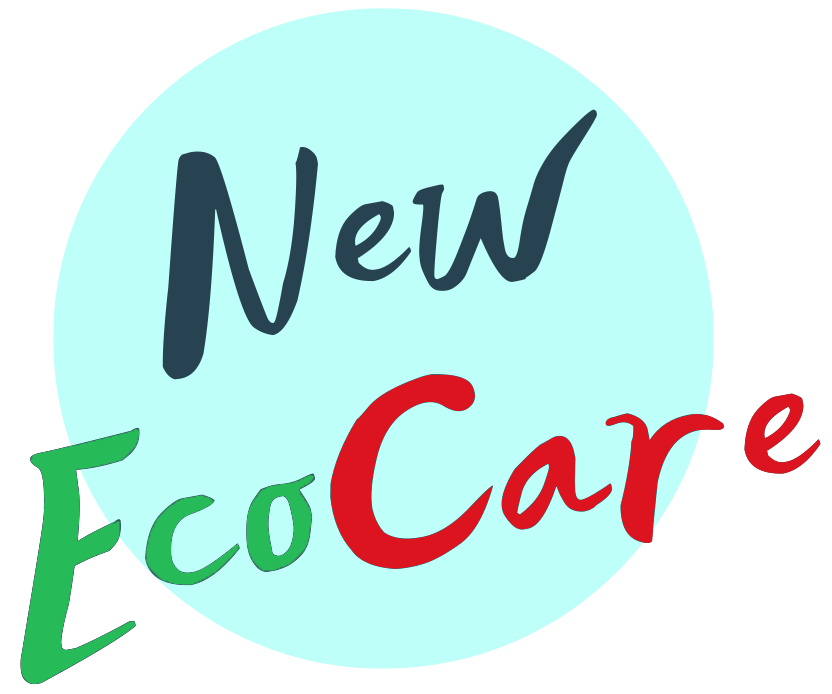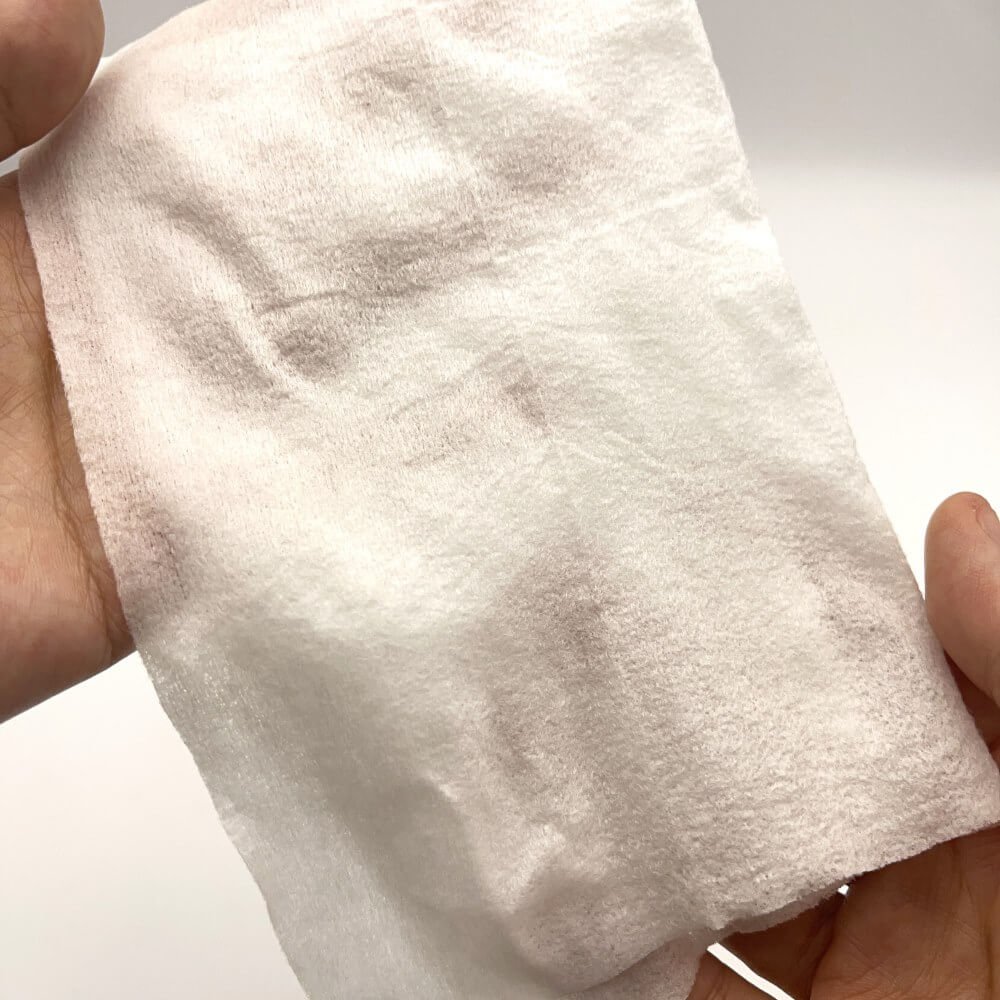In an era where environmental concerns are escalating, the demand for eco-friendly products has surged, leading consumers and manufacturers alike to seek sustainable alternatives to everyday items. Among these products, compostable wet wipes have emerged as a popular choice for those looking to reduce their ecological footprint without compromising on convenience and hygiene. This article explores the myriad benefits of compostable wet wipes, detailing their composition, usage, and the positive impact they can have on our planet. By understanding the full scope of these products, we can make informed decisions that contribute to a more sustainable future.
What Are Compostable Wet Wipes?
Compostable wet wipes are designed to break down quickly under composting conditions, leaving behind no harmful residues. Unlike traditional wet wipes, which are often made from synthetic materials such as polyester or polypropylene, compostable wipes are typically crafted from natural fibers like cotton, wood pulp, or bamboo. These natural materials enable the wipes to decompose efficiently in a compost environment, ideally within 90 to 180 days.
The key difference between compostable and conventional wet wipes lies in their environmental impact. Traditional wipes contribute to massive waste problems, including landfill overflow and, when improperly disposed of, the pollution of waterways. In contrast, compostable wet wipes are designed to mitigate these issues, offering a solution that aligns with sustainable waste management practices.
The Environmental Impact of Wet Wipes
The widespread use of traditional wet wipes has led to significant environmental challenges. Notably, these products are a major contributor to the infamous ‘fatbergs’ that block urban sewer systems, leading to costly and disruptive maintenance issues. Moreover, as they fragment, the synthetic fibers in non-compostable wipes can release microplastics into aquatic ecosystems, posing a threat to wildlife and water quality.
Compostable wet wipes present a promising alternative. By switching to wipes that natural processes can break down, consumers can help reduce the buildup of waste in landfills and waterways. This shift not only aids in protecting urban infrastructure but also contributes to the broader environmental goal of reducing plastic pollution. The adoption of compostable wet wipes is a simple yet effective step towards a sustainable lifestyle, demonstrating how individual choices can have a profound collective impact on our planet’s health.
Benefits of Using Compostable Wet Wipes
The adoption of compostable wet wipes extends beyond environmental benefits; it also provides substantial advantages for personal hygiene and practical use. Here are some of the key benefits:
- Environmental Stewardship: By choosing compostable wet wipes, consumers actively contribute to reducing environmental pollution. These products, when disposed of correctly, break down into natural elements within a compost setting, leaving minimal ecological footprint.
- Suave para a pele: Many compostable wet wipes are made from natural fibers that are softer and gentler on the skin compared to the often abrasive synthetic materials used in regular wipes. This makes them ideal for users with sensitive skin or parents seeking safer options for their babies.
- Reduced Chemical Usage: Compostable wipes are frequently free from harsh chemicals and preservatives that are common in traditional wet wipes. This not only minimizes skin irritation but also lessens the release of these substances into the environment.
These attributes showcase compostable wet wipes as a compelling choice for environmentally conscious consumers looking to maintain high standards of hygiene and comfort.
How Do Compostable Wet Wipes Work?
To fully appreciate the value of compostable wet wipes, it is crucial to understand the composting process. Composting is a natural process that breaks down organic matter by microbial activity, ultimately converting it into nutrient-rich soil. Compostable wet wipes are designed to decompose in this environment, facilitated by:
- Materiais biodegradáveis: Compostable wipes are made from materials that microbes can easily break down. These materials include plant-based fibers like bamboo, cotton, and wood pulp, which are more susceptible to microbial action than synthetic fibers.
- Appropriate Composting Conditions: For effective decomposition, compostable wet wipes require specific conditions such as adequate moisture, oxygen, and the presence of composting microbes. These conditions are typically met in industrial composting facilities or well-maintained home compost systems.
- Certification Standards: Compostable wipes often meet stringent standards set by organizations such as the Biodegradable Products Institute (BPI) in the USA or certifications according to European Norm (EN) standards, ensuring they can be composted effectively without leaving harmful residues.
Standards and Certifications for Compostability
The credibility of compostable wet wipes largely depends on the standards and certifications they meet. These certifications ensure that the products are capable of breaking down in a composting environment without harming the ecosystem. Key standards include:
- ASTM D6400: This American standard specifies that products labeled as “compostable” must disintegrate during a regular composting process, leaving no visible residue that can be screened out.
- EN 13432: The European standard requires that compostable materials disintegrate within 12 weeks and completely biodegrade within six months. Additionally, the material must not produce any toxic substance and should support plant growth.
- ISO 17088: This international standard specifies requirements for plastic and other organic materials to be certified as compostable in industrial settings.
Meeting these rigorous standards is not only a testament to the product’s environmental performance but also serves as a guide for consumers looking to make responsible choices. Users must check these certifications when selecting compostable wet wipes to ensure that they are indeed compostable and environmentally friendly.
Popular Brands and Products
The market for compostable wet wipes is expanding, with several brands leading the way in offering eco-friendly alternatives that maintain quality and effectiveness. Some of the popular brands include:
- Bambooee – Renowned for their bamboo-based wipes, Bambooee offers products that are not only compostable but also reusable, further reducing waste.
- Caboo – Using bamboo and sugarcane fibers, Caboo’s wipes are known for their softness and high biodegradability.
- Natracare – A pioneer in organic and natural personal care, Natracare’s wet wipes are made from organic cotton and are completely compostable, catering to environmentally conscious consumers.
These brands have set benchmarks in the industry by integrating sustainability with consumer convenience, offering products that are both effective and eco-friendly. Each brand brings its unique strengths to the table, providing consumers with a variety of choices to suit their specific needs.
Consumer Reviews: What Users Are Saying
Feedback from consumers who have switched to compostable wet wipes is overwhelmingly positive, highlighting several common themes:
- Skin Friendliness: Many users have noted that compostable wipes are gentler on the skin compared to traditional wipes. This is particularly appreciated by those with sensitive skin or those using wipes for infants.
- Effectiveness: Despite being eco-friendly, users report that these wipes are just as effective as traditional wipes in terms of cleanliness and convenience.
- Impacto ambiental: A significant draw for many users is the reduced environmental impact. Knowing that their choice helps in combating pollution and waste contributes to a greater sense of responsibility and satisfaction among consumers.
However, some challenges are noted, particularly regarding the availability and cost of these products compared to their non-compostable counterparts. As the market grows and production scales up, these issues are expected to diminish.
Challenges Facing Compostable Wet Wipes
Despite their benefits, compostable wet wipes face several challenges that could hinder their widespread adoption:
- Production Costs: The cost of natural materials and the processes required to make wipes compostable can drive up prices, making them less competitive with conventional wipes.
- Consumer Awareness: There is a need for greater consumer education on the benefits and proper disposal methods of compostable wet wipes to ensure they are used effectively and responsibly.
- Regulatory Hurdles: Meeting diverse and stringent certification standards can be challenging for manufacturers, potentially slowing down innovation and distribution.
Addressing these challenges is crucial for the future growth of compostable wet wipes. Continued innovation and effective communication strategies are essential to increase consumer adoption and to ensure that the environmental benefits of these products are realized on a larger scale.
The Future of Compostable Wet Wipes
The trajectory for compostable wet wipes appears promising as global awareness of environmental issues continues to grow. Future advancements are likely to focus on:
- Material Innovation: Researchers are continually exploring new and more sustainable materials that offer better compostability and reduced environmental impact.
- Scaling Production: As demand increases, the scale of production for compostable wipes is expected to rise, potentially lowering costs and making them more accessible to a wider audience.
- Regulatory Support: Increased support from government regulations could promote the use of eco-friendly products like compostable wet wipes by setting more stringent guidelines for waste management and product labeling.
These developments suggest a bright future where compostable wet wipes become a standard part of consumer habits, significantly contributing to global sustainability efforts.
How to Properly Dispose of Compostable Wet Wipes
Proper disposal plays a critical role in maximizing the environmental benefits of compostable wet wipes. Here are some guidelines to ensure effective disposal:
- Composting: The ideal disposal method for compostable wet wipes is composting. This can be done at home if a compost pile or bin is available and is actively maintained to facilitate the breakdown of organic materials.
- Industrial Composting Facilities: For those who do not compost at home, disposing of wipes in bio-waste bins where they can be taken to industrial composting facilities is recommended.
- Follow Local Guidelines: It’s essential to adhere to local waste management guidelines. Some regions may have specific instructions or facilities for composting products like these.
Educating consumers on these disposal methods is crucial for the success of compostable products in reducing environmental impact.
Perguntas mais frequentes
- Are compostable wet wipes safe for sensitive skin? Yes, most compostable wet wipes are made from natural materials that are softer and typically gentler on the skin, making them suitable for sensitive skin.
- How long do they take to decompose? Compostable wet wipes are designed to break down within 90 to 180 days in a proper composting environment, significantly faster than traditional wipes.
- Can they be flushed down the toilet? No, despite being compostable, these wipes should not be flushed down the toilet as they can cause blockages in plumbing systems and do not break down quickly in water as they do in compost.
- What should I look for when choosing compostable wet wipes? Look for certifications such as ASTM D6400, EN 13432, or ISO 17088, which indicate that the wipes meet stringent compostability standards.
Conclusão
Compostable wet wipes represent a significant step forward in our collective effort to reduce waste and promote sustainability. By choosing these products, consumers can contribute to a cleaner environment while enjoying the same convenience offered by traditional wet wipes. As the market evolves, it is hoped that these eco-friendly alternatives will become more prevalent, driving down costs and increasing accessibility. Embracing compostable wet wipes is not just a personal choice but a community commitment to a sustainable future.

